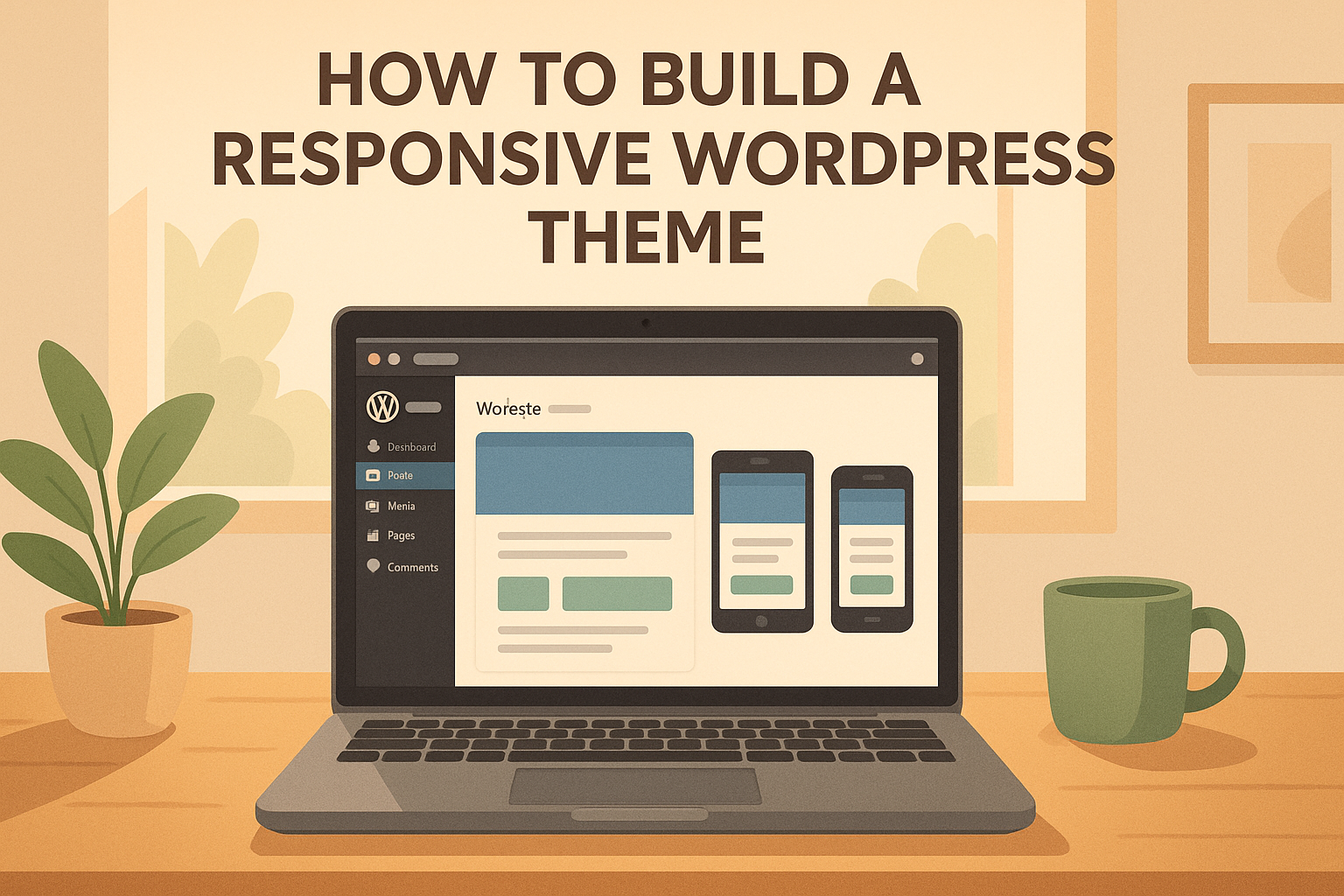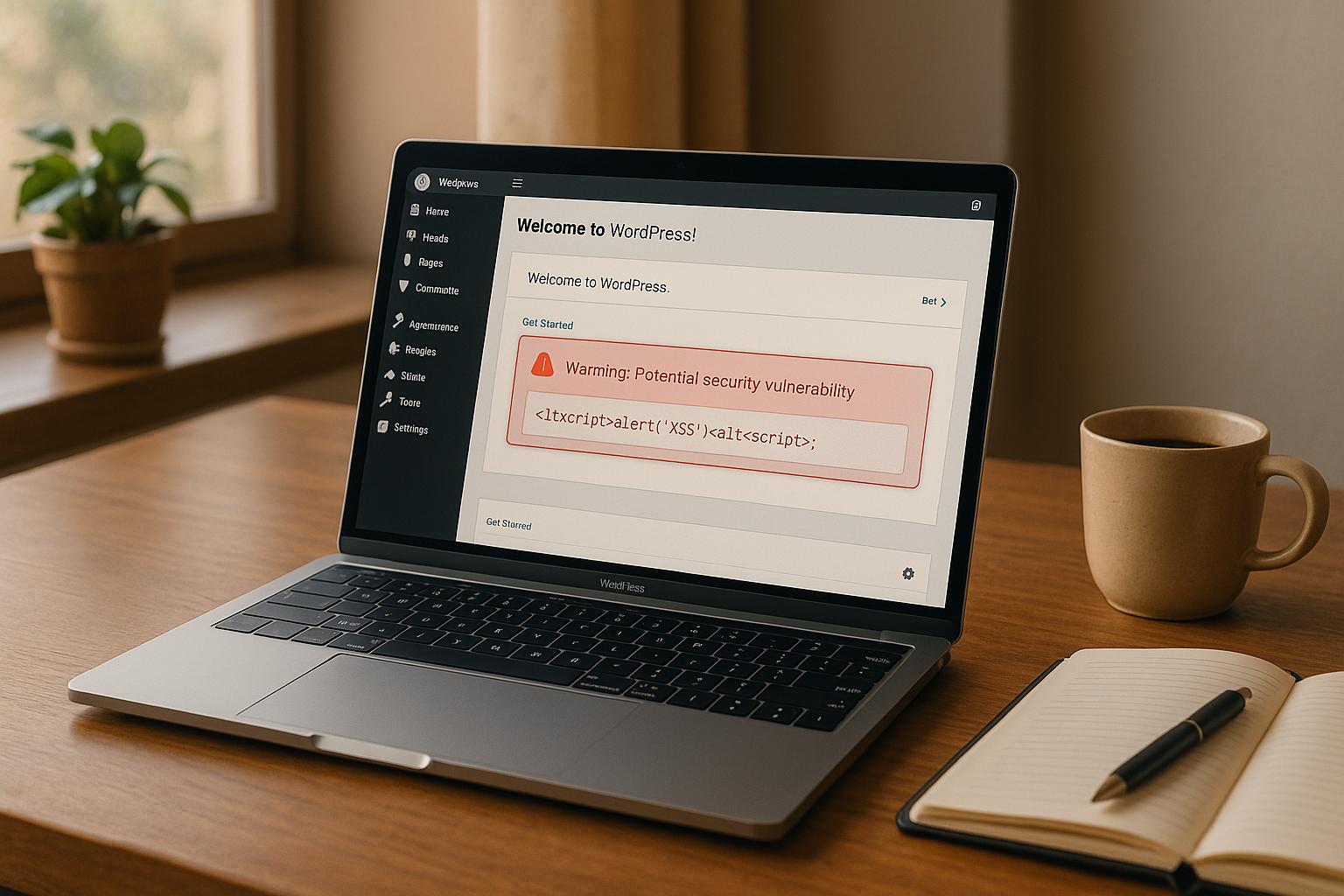According to the Federation of Small Businesses, there were over 5 million small to medium-sized enterprises (SMEs) in the UK at the end of 2014. Since nearly 25% of websites globally use WordPress, we can estimate that there are 1.25 million UK WordPress websites supporting UK SMEs.
No surprise there. But the shocking fact is that a high proportion of these websites are not being updated regularly. w3techs.com reported that 23% of WordPress websites they surveyed had not been updated to the current version, and our own small survey of 250 UK websites showed that 75% weren’t using the current version!
It’s possible to crunch the numbers and conclude that between 290,000 and 937,500 UK WordPress websites are probably out of date – let’s just call it half a million.
So does this indicate that half a million business owners don’t care about their website? Are they not bothered about malware, hackers and how they might consequently lose clients? Are they indifferent to the improvements that each new version of WordPress offers its users?
Surely not. It’s far more likely that most SME owners have simply no idea about the importance of regularly updating their WordPress website.
So let’s reiterate the importance of updating your WordPress website.
Firstly you need to understand that WordPress issues Major and Minor releases. Major updates (two digit releases eg. 3.9 and 4.2) include code changes and new features. Webmasters need to upgrade their own website manually with these. The Minor updates (three digit releases eg. 4.1.4 and 4.2.1) are intended to fix bugs and patch security issues. These are automatically installed on the website.
By keeping your WordPress website up to date, you’ll reap the following benefits:
- Improved Security
Hackers are unfortunately a way of life nowadays and they are always trying to infiltrate WordPress websites to cause mischief and havoc – ranging from loss of data, sending inappropriate communications to your customers and trying to spread their evil far and wide.
Fortunately because WordPress is an open source platform, the massive community of developers and users will quickly spread the word if a security vulnerability is found in the current version.
For people with an updated website, minor releases to fix the vulnerability will be installed automatically. But if a business owner has let the website version control lapse, the website will have to be updated manually to take advantage of these critical security improvements. If they don’t, their website is at significant risk from hackers.
The problem is that manual updates are quite complicated for people who aren’t experts in WordPress. There are a number of hints and tips found on the WordPress.org website such as never upgrade across more than 2 major releases at one time. The manual process also requires that you back up your database and files, check the backup has worked and deactivate plugins before you can start to update your WordPress version.
If you care about the security of your website and don’t want to lose clients and income due to a hacked website, then you must keep your WordPress version regularly updated. If your website is powered by a very old version (3 or before) you will probably need expert help to get you up and running on the current version.
- Better Website Performance
Major WordPress updates come out 3 or 4 times a year and are destined to improve your website performance, often by offering more functionalities. For example, new features in version 4.2 included better updates from the AddPlugins screen, Emoji Support and an improved ‘Press This’ feature.
After a Major update, many plugins will also get updated to maintain their compatibility with the core WordPress site and to take advantage of the new features.
If you want a website that performs well and offers all the most recent features of WordPress and associated plugins, you need to update your WordPress version regularly.
Summary – Considering the statistics about WordPress updates, it seems clear that SME owners really don’t understand the importance of keeping their WordPress website updated. But perhaps after reading this article, they will check the WordPress version powering their website, and update it without delay!







